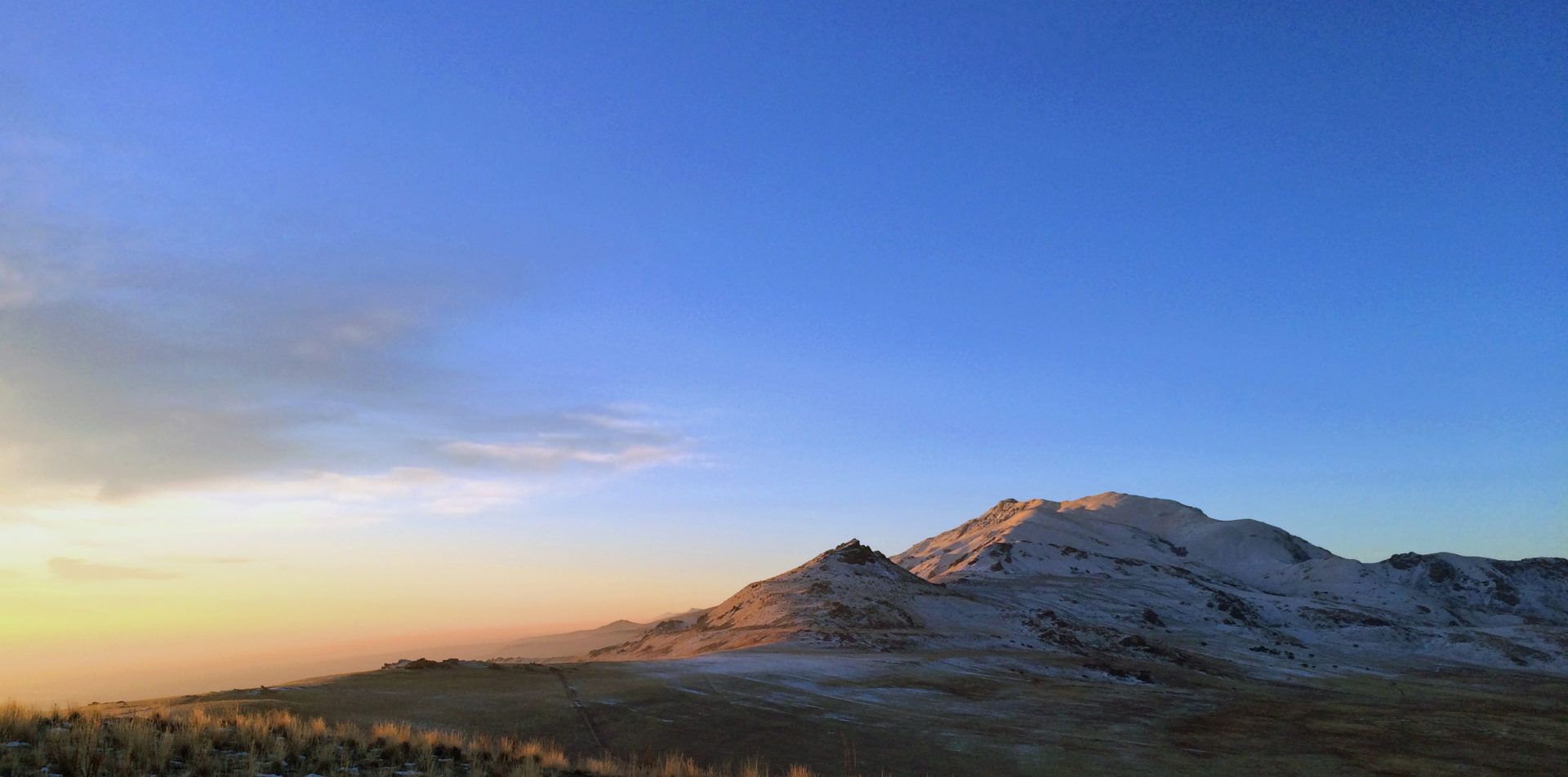The Newberry received an NEH grant to host a summer institute that just sounds amazing. I presented there last year at their Borderlands and Latino Studies seminar series and it is a fun place. 3 weeks in Chicago – sounds like a fun way to spend the month of June. Sign up y’all.
Bridging National Borders in North America
Newberry Library in Chicago
National Endowment for the Humanities
In June of 2014, the Newberry Library in Chicago, Illinois will host an NEH summer institute titled “Bridging National Borders in North America”. The institute will provide a stipend of $3,300 for 4 weeks.
This seminar will explore the history of North America’s border and borderlands . In keeping with the recent work in the field and the collection strengths of the Newberry Library, it will take a broad geographic approach, framing borderlands as distinct places at particular moments in time where no single people or sovereignty imposed its will. The organizing theme is the process of border-making. We will examine three aspects of this theme: how nation-states claiming exclusive territorial sovereignty re-drew the continent’s map; the intersection and sometimes collision of these efforts with other ways of organizing space and people; and the social and political consequences of the enforcement of national territoriality. Two questions will guide our examinations of these developments: how did diverse peoples challenge national borders, or use or alter them for their own purposes? And, how does consideration of these topics recast our understanding of the national and intertwined histories of Mexico, the United States, and Canada?
Benjamin H. Johnson of the department of history and the global studies program at the University of Wisconsin, Milwaukee will direct the seminar. Guest faculty will be Alan Taylor (UC Davis), Rachel St. John (NYU), Kornel Chang (Rutgers-Newark), Kelly Lytle-Hernandez (UCLA), and Geraldo Cadava (Northwestern University). For more information, see the seminar website at
http://www.newberry.org/
Any views, findings, conclusions, or recommendations expressed here do not necessarily reflect those of the National Endowment for the Humanities.
